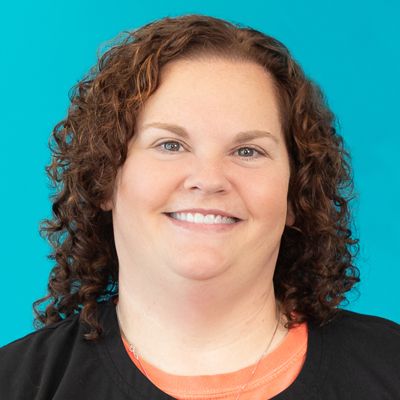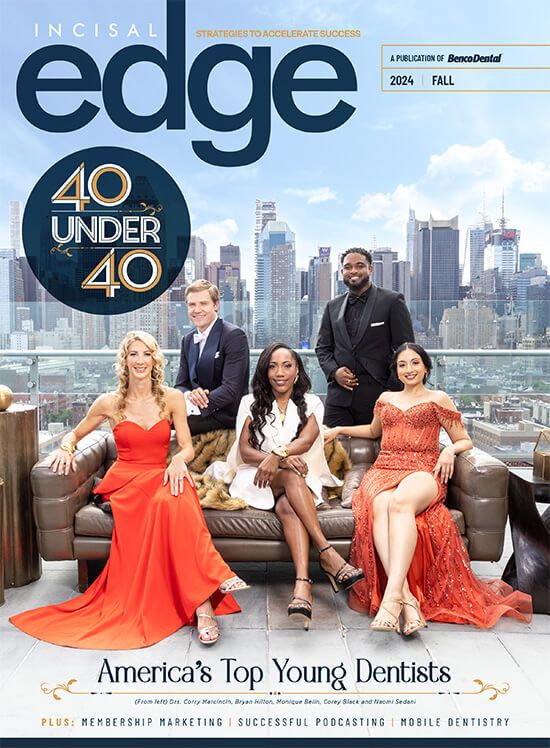Dr. Laura Holena suffers from chiari malformation, a rare brain condition. Persevering through it has helped give her the skills to treat her special-needs dental patients with uncommon care.

Dr. Holena knows whereof she speaks: While in dental school at the University of Buffalo, she was diagnosed with chiari malformation and syringomyelia, an ailment in which brain tissue extends into the spinal canal, exerting pressure on the brain and causing a variety of symptoms including pain, vertigo, sensitivity to sound, difficulty with balance and more.
“I left school and had brain surgery,” Dr. Holena says. “I took some time off and worked as a dental assistant to make sure I still had the necessary dexterity to complete school.”
She stayed the course, earning her dental degree in 2008 and returning to Wilkes-Barre, her hometown, to complete a general practice residency at the local VA Medical Center.
At times it was difficult to get doctors to listen to what I was saying. Having gone through this, I definitely connect more with my patients.”
Chiari patients “are often misdiagnosed,” Dr. Holena says. “At times it was difficult to get doctors to listen to what I was saying. Having gone through this, I connect more with my patients. I take time to listen. I understand what it’s like to have a chronic illness.”
Even today, she must contend with regular pain and fatigue. To combat them, she has designed a careful daily routine. “Standing for procedures exacerbates my symptoms, so I’ve taught myself to do almost all from a seated position. This helps, but it’s not always possible with the patients I treat.”
One unusual complication: “Nitrous oxide is contraindicated in patients with chiari, and I commonly treat patients using it,” Dr. Holena says. “I try to make sure they’re breathing through their nose so that the scavenging system works properly.”
Dr. Holena is on the board of directors at Column of Hope, a nonprofit group that supports brain and spinal-cord research. “I was able to moderate an international research conference that brought together chiari experts from 12 countries,” she says, adding that Column of Hope has raised over $1 million. She’s also a board member of the Special Care Dentistry Association, a Chicago-area organization that advocates for special-needs dental patients.
Through it all, she exemplifies one trait that characterizes all chiari patients: perseverance. “There were many times I could have quit,” she says, adding: “I’m able to attend medical conferences and contribute to both sides of the conversation. I think it also gives hope to others diagnosed with the condition that you can lead a normal life and not have to give up on your dreams.”
For more information, please visit columnofhope.org. To learn more about chiari malformation, see conquerchiari.org.



